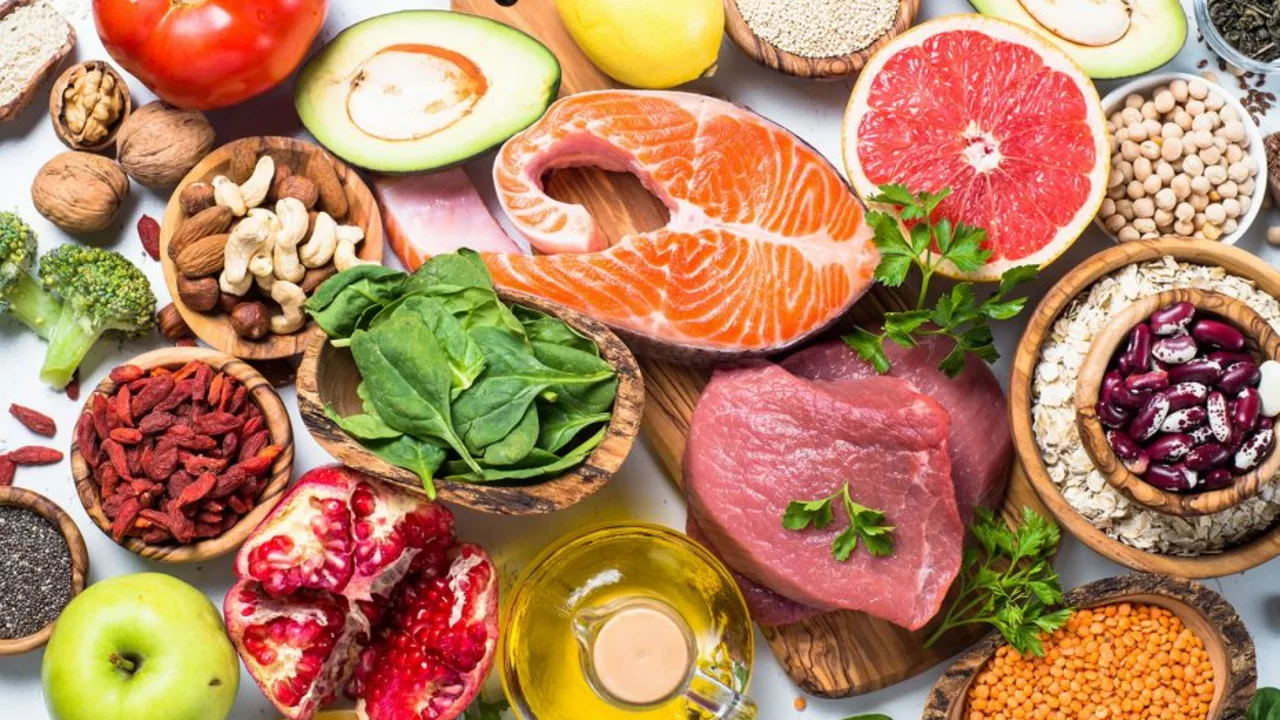Get this, folks! There's a new superfood sheriff in town, and it goes by the name of Skirret. This under-the-radar veggie, hidden away from the limelight for far too long, is jam-packed with nutrients that'll supercharge your health journey. I mean, who wouldn't want a piece of this fibrous, vitamin-rich dynamo? So, let's raise a carrot to Skirret, the unsung hero of superfoods, and welcome a healthier lifestyle with open arms and open mouths!
Superfood: Real Benefits, Top Choices, and How to Use Them Safely
Think superfoods are just hype? Some pack real nutrients that help energy, immunity, and inflammation. This page cuts through the noise and gives practical advice: which superfoods are worth trying, how to use them, and what to watch out for.
Which superfoods actually help
Look for foods high in vitamins, minerals, fiber, or strong antioxidants. Real examples we cover across the site: blackberries (great antioxidants and vitamin C), agave used as a low-GI sweetener and fiber source, and African wild potato used traditionally for immune and prostate support. Some plant compounds, like indole-3-carbinol (I3C), show real promise for hormone balance — and we explain when to consider a supplement versus eating whole foods.
Don’t chase every exotic name. Focus on variety: berries, leafy greens, nuts, seeds, fatty fish, and fermented foods. If you want a quick swap: add frozen berries to yogurt, throw seeds into salads, and use leafy greens in smoothies. That gives a steady supply of nutrients without breaking the bank.
How to pick supplements and stay safe
Supplements can help when your diet lacks something, but they’re not magic. First, check labels for active ingredients and dose. For botanicals and concentrated extracts (like I3C or blackberry extract), start at the lowest recommended dose and watch for side effects.
Buying online? Use pharmacies and vendors you trust. Our site has reviews of online pharmacies and tips to spot scams — always look for clear contact info, verified reviews, and a valid prescription policy for prescription products. Avoid sites that sell prescription medicines without asking for a prescription.
Be careful about interactions. Some superfood supplements can change how drugs work. For example, high-dose vitamin K can affect blood thinners, and certain herbal extracts can alter liver enzyme activity. If you take prescription meds, check with your doctor before starting anything new.
Simple rules to reduce risk: 1) Prefer whole foods over pills when possible, 2) Use standardized supplements from reputable brands, 3) Start low and monitor how you feel, and 4) Stop and ask a clinician if you notice unusual symptoms.
Practical uses: boost immune days with a berry-rich smoothie; add agave sparingly as a lower-glycemic sweetener; try a short course of a targeted supplement if blood tests show a deficiency. Track results — energy, sleep, bowel habits — so you know what’s actually helping.
Want specifics? Check our articles on blackberry supplements, agave, and African wild potato for evidence, dosing ideas, and real-world tips. Use the tag menu to find focused posts and product reviews that match your needs.
Small changes done consistently beat dramatic overhauls. Pick one superfood, use it reliably for a month, and see the difference before adding another.

